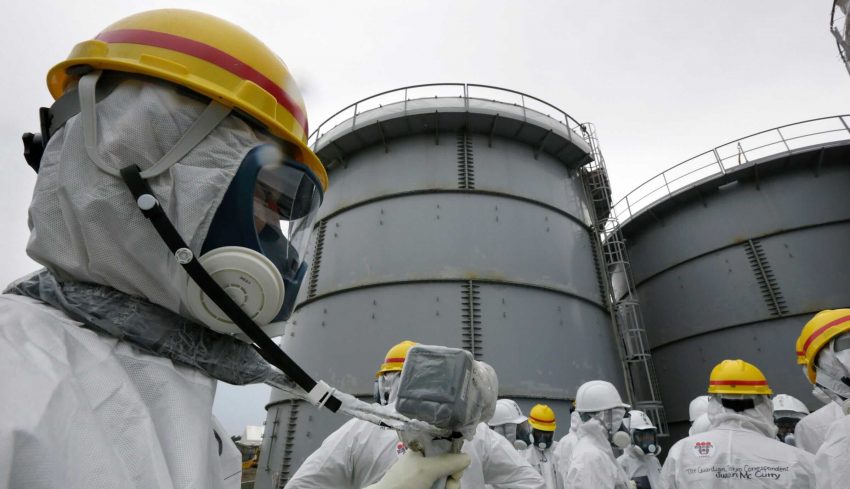The President of the Federated States of Micronesia denounced at the United Nations last Thursday Japan’s decision to discharge what he called nuclear-contaminated water from the Fukushima Daiichi Nuclear Power Station into the Pacific Ocean.
In an address to the UN General Assembly in New York, David Panuelo said Micronesia had the “gravest concern” about Japan’s decision to release the so-called Advanced Liquid Processing System (ALPS) water into the ocean.
“We cannot close our eyes to the unimaginable threats of nuclear contamination, marine pollution, and eventual destruction of the Blue Pacific Continent,” he said.
“The impacts of this decision are both transboundary and intergenerational in nature. As Micronesia’s head of state, I cannot allow for the destruction of our Ocean resources that support the livelihood of our people.”
Japan said in July that its nuclear regulators had approved a plan to release into the Pacific ocean water used to cool reactors in the aftermath of the March 2011 Fukushima disaster.
The water has been stored in huge tanks in the plant, and amounted to more than 1.3 million tonnes by July.
State-owned plant operator, Tokyo Power Electric Company, plans to filter the contaminated water to remove harmful isotopes apart from tritium, which is hard to remove. Then it will be diluted and released to free up plant space to allow the decommissioning of Fukushima to continue.
Asked about Panuelo’s statement, Yukiko Okano, Japan foreign ministry’s deputy press secretary, said Japan would try its best “to gain understanding from the international community about the safety of our activities there.”
Meanwhile, Pacific Islands Forum Members received a fifth virtual briefing from the Japanese government on September 20 regarding its Fukushima water plan, which is expected to take at least 40 years.
While supported by the IAEA as well as the Nuclear Regulatory Authority of Japan, the PIF Panel of Independent Experts who are independently assessing the science continue to emphasise their serious concerns that more data and information are needed to ascertain the safety of the water for disposal.
Consistent with this proposition, the Forum Secretariat reiterated that “unfortunately, we have yet to receive the sound scientific proof needed, and we are advised that plans for discharge is premature. Based on the independent advice we have received, there are major data gaps and flaws, and more time is simply needed to further consider the plans”.
The Japanese Government reassured the PIF membership that there will be no release of the radioactive contaminated cooling water from its Fukushima Daiichi Nuclear Power Plant until it can be ascertained that the water is indeed safe.
Further dialogue will take place at political levels in the coming weeks.
